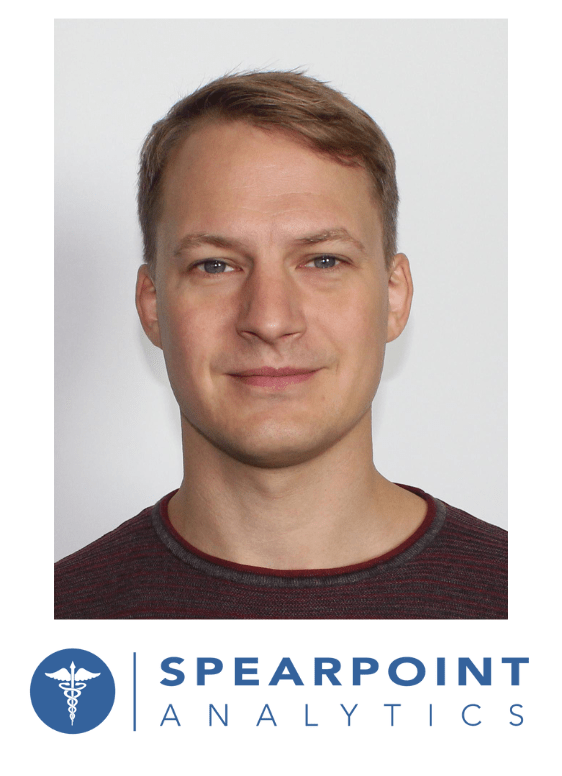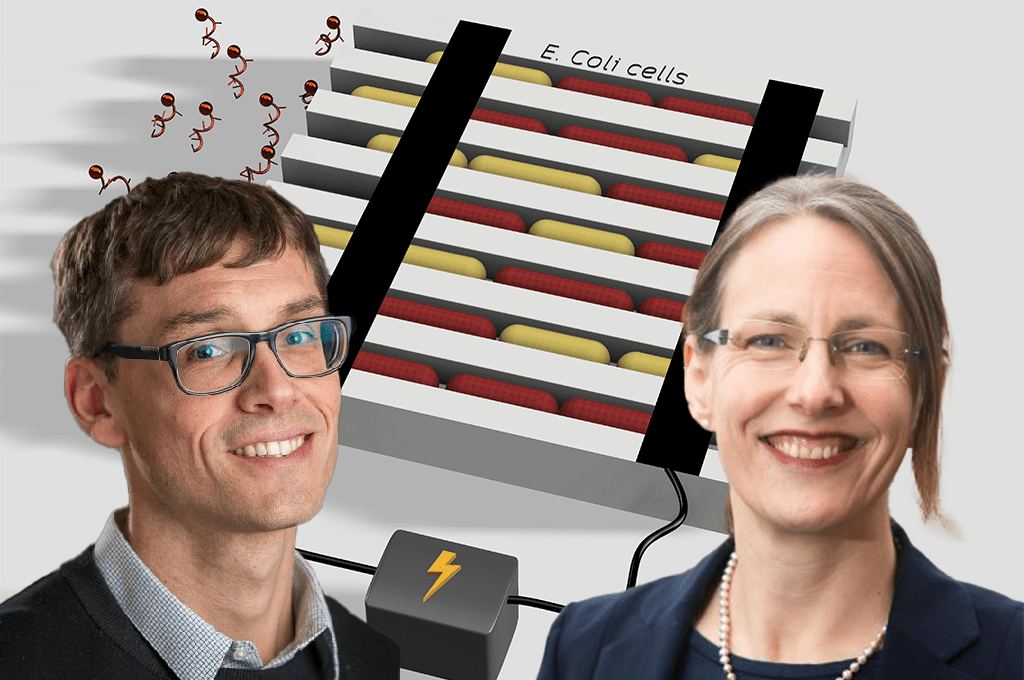Industry case: Spearpoint Analytics develops algorithms to improve prostate cancer diagnostics
Spearpoint Analytics has used AI compute and data sharing services available at SciLifeLab AIDA Data Hub to improve the diagnostic tools available for prostate cancer using AI and machine learning.
The startup company Spearpoint Analytics develops an outcome-based analysis (PCAI – Prostate Cancer Aggressiveness Index) that predicts the severity of prostate cancer by analyzing microscopy images of tissue sections.
“We want to improve the analysis and develop a system that does not suffer from the subjectivity of today’s analysis. The system in general use today (Gleason) was developed in the 1950s and analyzes the deformation of prostate glands in tissue samples. With our approach, by training our algorithms directly against patient outcome rather than human labeling, the system is capable of adding more biomarkers available in the image. This way, we achieve a super-human performance of the analysis,” says Peter Walhagen, a developer at Spearpoint Analytics.
Currently, in the development phase, the analysis works to give a second opinion to pathologists and also considers the outcomes for other patients with similar histological patterns.
In cancer, early diagnosis and treatment is key for patient prognosis and survival. “However, today, there is a shortage of pathologists and radiologists, and as a result, patients often have to wait longer than what is ideal for them. Tools like those that Spearpoint Diagnostics develops are necessary to increase the survival of prostate cancer patients. Artificial Intelligence will help ease the work of pathologists – not replace them,” says Joel Hedlund, Head of Unit at AIDA Data Hub.
The idea to develop an AI system to perform the outcome-based analysis was born out of a collaboration between Uropathology Professor Christer Busch and Image Analysis Professor Ewert Bengtsson. The technology demands a lot of data and was developed using a dataset from Martini Klinik with tissue sections from more than 20,000 patients and the added component of 20 years of outcome data for these patients.
“Currently, we are in the research stage and we have newly recruited a team of researchers at the Universitätsklinikum Hamburg-Eppendorf in Germany, where we are further developing the algorithm to validate it against even larger datasets. We must validate our algorithm at at least three to four different centers to release a product – the algorithm must be robust enough to cope with different conditions on different sites,” says Peter Walhagen.
Desmoplasia and cytological changes, as well as glandular deformation, all known factors affecting prostate cancer risk, have been investigated in the past, but not in combination in a large-scale outcome-based way like the algorithm Spearpoint Analytics develops.
“We need to better understand when the algorithm works well and when it does not. Furthermore, we need to build trust within the medical profession to introduce the technology into clinical use,” says Joel Hedlund.
The focus for the future is to understand what the analysis does and how it differs from the currently performed analysis, which measures how much the glands have been deformed. Preliminary results show that the disruption in the connective tissue – desmoplasia – between the prostate glands has an impact on the cancer risk.
The AIDA data sharing policy is a resource that describes not only the data sharing processes in AIDA but also the common practice in handling and sharing medical imaging data for research in Sweden and similar countries. Open data sharing and FAIR data principles are crucial for transparency, moving the research field forward faster.
“The collaboration with SciLifeLab has been extremely helpful, and Joel has been key to server access. I have also appreciated the research collaboration – being part of the meetings with other researchers, giving presentations and updates on what others are working on – it is an incredibly rewarding community to be part of research values where you share yourself even with those you compete with. That’s why we share data. The competition that exists for the research moves us forward, and we can further develop our analysis. We want to make validation data public to be able to compare against others”, says Peter Walhagen.
The AIDA Data Hub DGX-2 is a resource provided as a service for AI and training on sensitive medical image data.
“The DGX-2 server at AIDA Data Hub is one of the most powerful solutions for AI development in the world. We have used it for calculations to calibrate and adjust the AI model. What we have done, would not have been possible to do on any other platform than AIDA”, says Peter Walhagen.
Spearpoint Analytics’ work within the AIDA Data Hub has been a visible project, where true FAIR and open science spirit have permeated the work.
“It will always be the researchers and developers who are the best at collaboration who will win in global competitiveness. Large-scale consortia research always has a higher impact than the smaller ‘data hugging’ projects”, finishes Joel Hedlund.
AIDA Data Hub is part of the Analytic Imaging Diagnostics Arena (AIDA) and of the SciLifeLab Bioinformatics Platform (NBIS), and is coordinated by the Center for Medical Image Science and Visualization (CMIV) at Linköping University.
Want to know more?
Contact:

Spearpoint Analytics
Peter Walhagen
Developer
Spearpoint Analytics website
peter.walhagen@spearpoint.se

AIDA Data Hub
Joel Hedlund
Head of Unit
AIDA Data Hub website
joel.hedlund@liu.se





